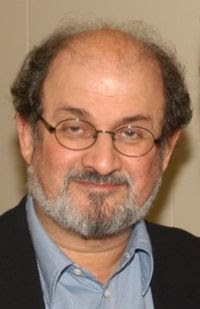
Now coming back, I’ve absolutely no clue as to what went wrong with Chokher Bali. It has the color, gesture and outline in people and things, the usual stock-in-trade of any novelist, yet it somehow fails to click. I think it got lost in translation. O, yea I would rather learn Bengali, and read it in its original tongue than in its Anglican form! For translated works suffer a degree of descent in the mind after which the magic of the original verse disappears; and that rare quality by which- no one can tell how- some words stir the mind in a manner that is on the same level as music is to speech, and color is to painting, no longer effects the actual purpose. I hope you get my point?
Translation is an art in itself, and good translations demand certain amount of skill and creativity on the part of the translator. In most cases the translators come from a different age than that of the original writer, have different temperaments and aims, but they all intend to tell a story, and are in the process of creation. Now, as a reader if you happen to know both the languages in which the book exists, you’ll probably be able to give a better understanding of this problem. One look at the conversations and you’ll know that the writer has originally thought in some other language and has merely put his thoughts in a language foreign to his thoughts.
And, in case you are wondering what Chokher Bali means, well, it means a “mote in the eye”.
My Verdict:: it will make you abandon it in the middle, courtesy its slow movement but your love for Tagore will ensure that you’ve flipped the last page and have read the final words.









